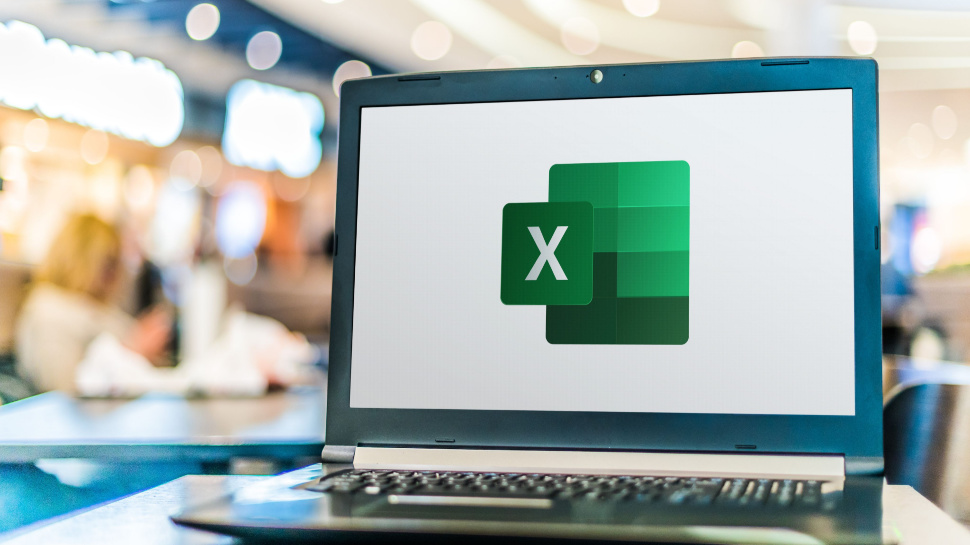Microsoft Excel threats could be a major security risk to your business
Microsoft may have blocked macros, but crooks are still finding a way

Sign up for breaking news, reviews, opinion, top tech deals, and more.
You are now subscribed
Your newsletter sign-up was successful
Microsoft may have blocked macros from running by default in its Office suite of programs, but there are workarounds, researchers are saying.
Several months after the ban was introduced, one specific workaround is seeing an uptick in adoption in the cybercriminal community, according to a new report from Cisco Talos.
The team claims cybercriminals are increasingly using XLL files (as opposed to XLS and XLSX) to deliver malicious code to target endpoints.
Growing in popularity
XLL files are “a type of dynamic link library (DLL) file that can only be opened by Excel”, the researchers explain. In other words, with XLL files, Microsoft Excel spreadsheets can take advantage of additional functionality coming from third-party apps.
While the weaponization of XLL files is nothing new (first samples have been reported as early as 2017, it was said), these files were rarely used until Microsoft decided to block the running of macros in files downloaded from the internet. Now, since 2021, more malware families started deploying the alternative solution.
"For quite some time after [mid-2017], the usage of XLL files is only sporadic and it does not increase significantly until the end of 2021, when commodity malware families such as Dridex and Formbook started using it," Vanja Svajcer, outreach researcher for Cisco Talos noted in the report.
"Currently a significant number of advanced persistent threat actors and commodity malware families are using XLLs as an infection vector and this number continues to grow."
Sign up to the TechRadar Pro newsletter to get all the top news, opinion, features and guidance your business needs to succeed!
Among the groups using XLL files are the Chinese threat actor APT10 (AKA Potassium), which used it to distribute the Anel Backdoor. Then there is Cicada (AKA Stone Panda, TA410) a group that’s allegedly “loosely tied” to APT10, as well as DoNot, and Fin7.
Apparently, the threat actors have been using XLL files to deliver various malware families, such as Warzone RAT, or Ducktail. Businesses are warned to expect an increasing number of such threats going forward.
- Here's our list of the best malware removal tools around
Via: The Register
Sead is a seasoned freelance journalist based in Sarajevo, Bosnia and Herzegovina. He writes about IT (cloud, IoT, 5G, VPN) and cybersecurity (ransomware, data breaches, laws and regulations). In his career, spanning more than a decade, he’s written for numerous media outlets, including Al Jazeera Balkans. He’s also held several modules on content writing for Represent Communications.